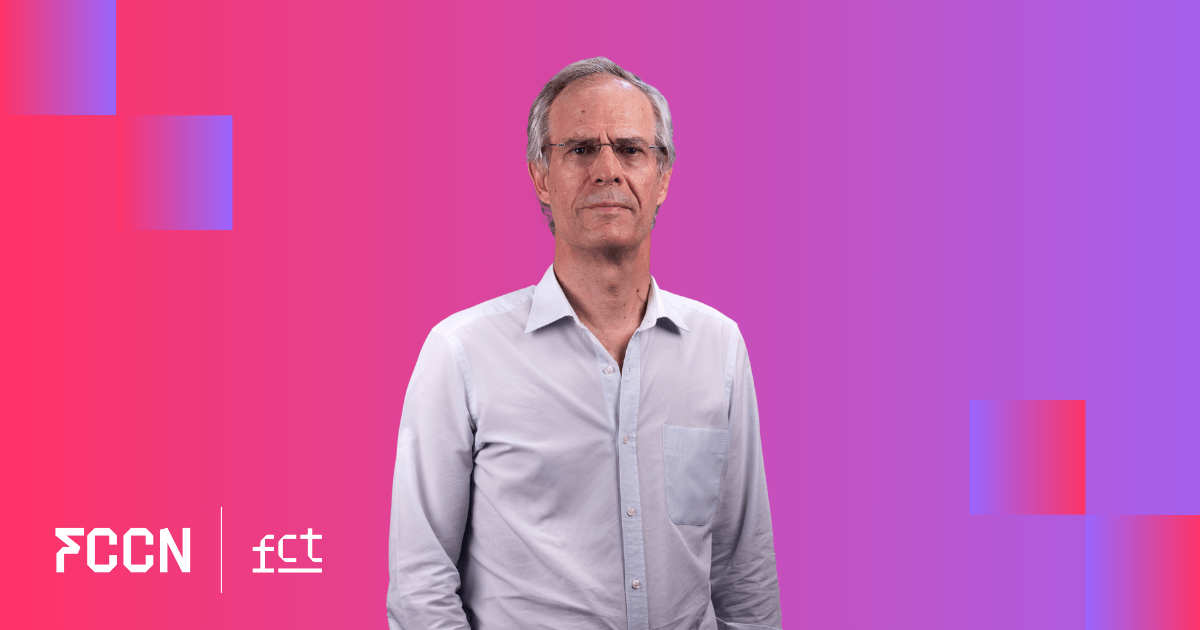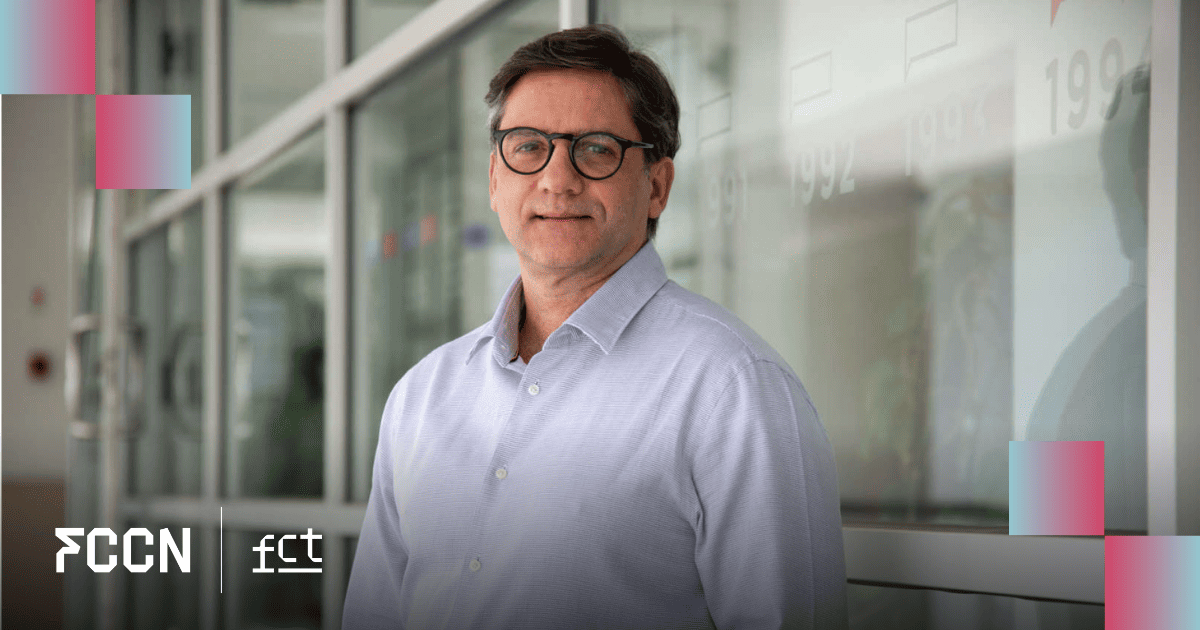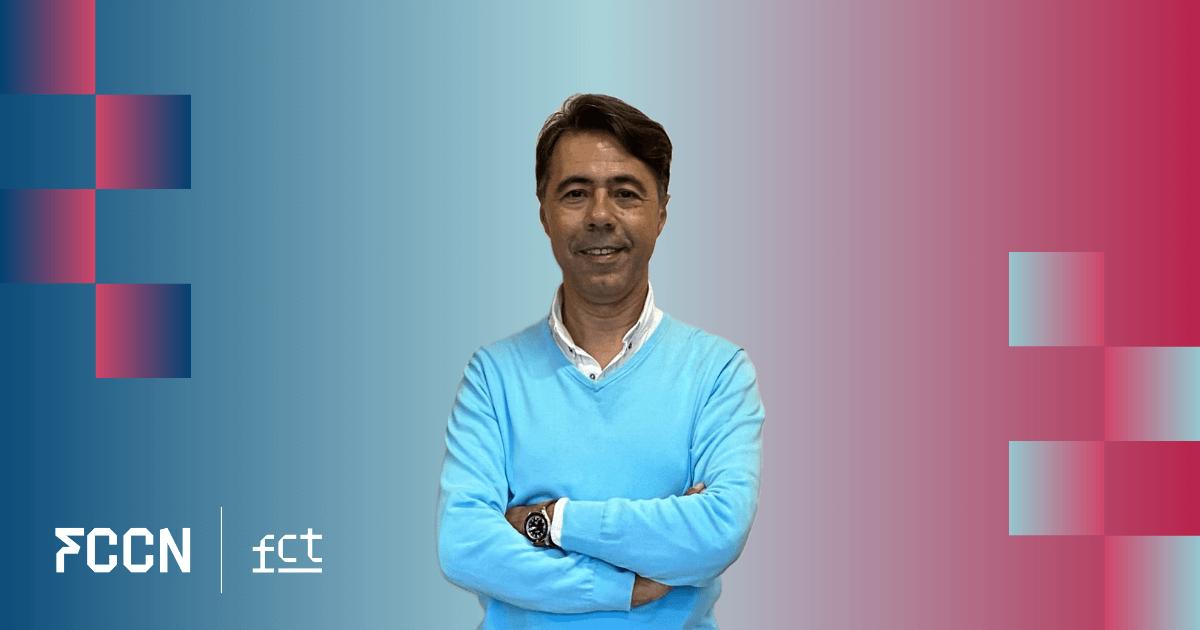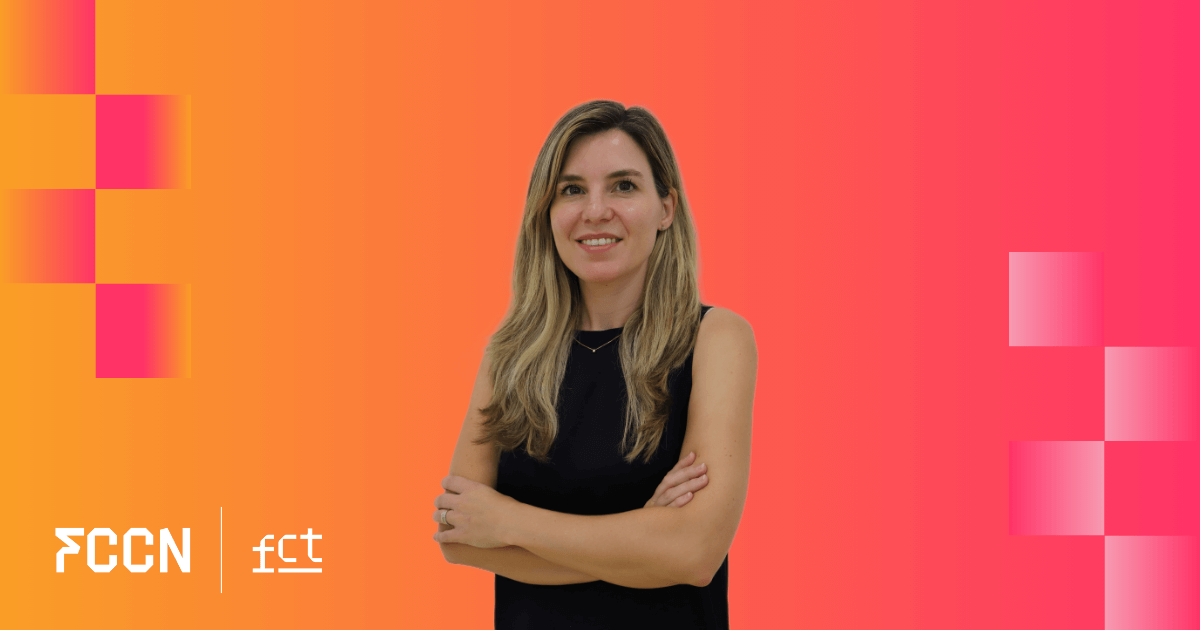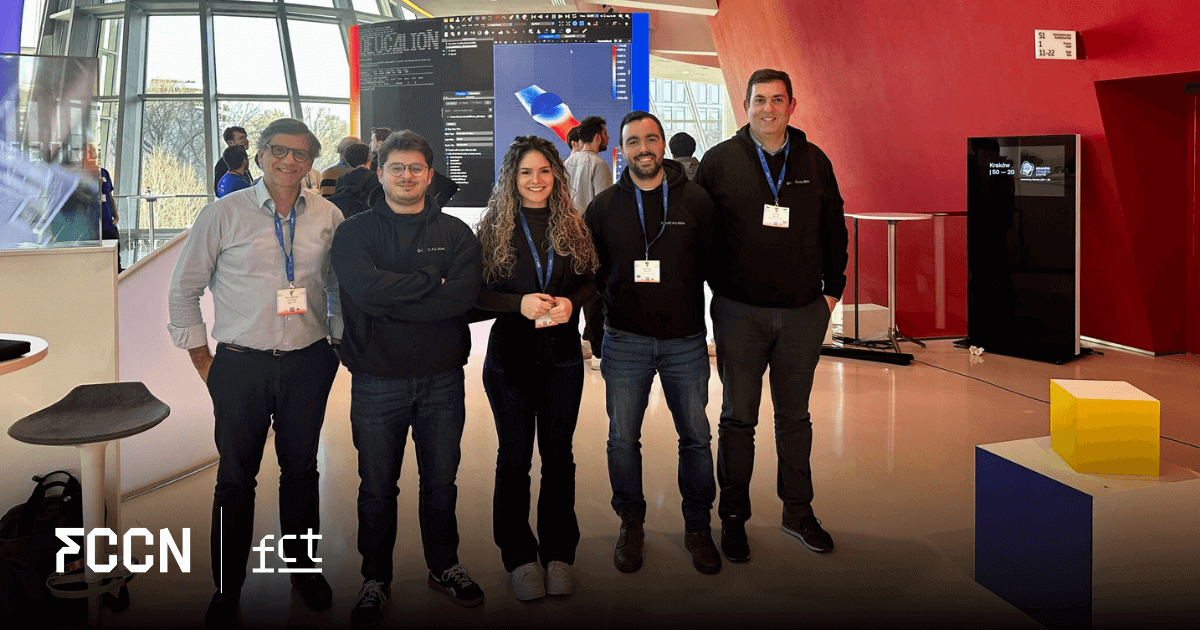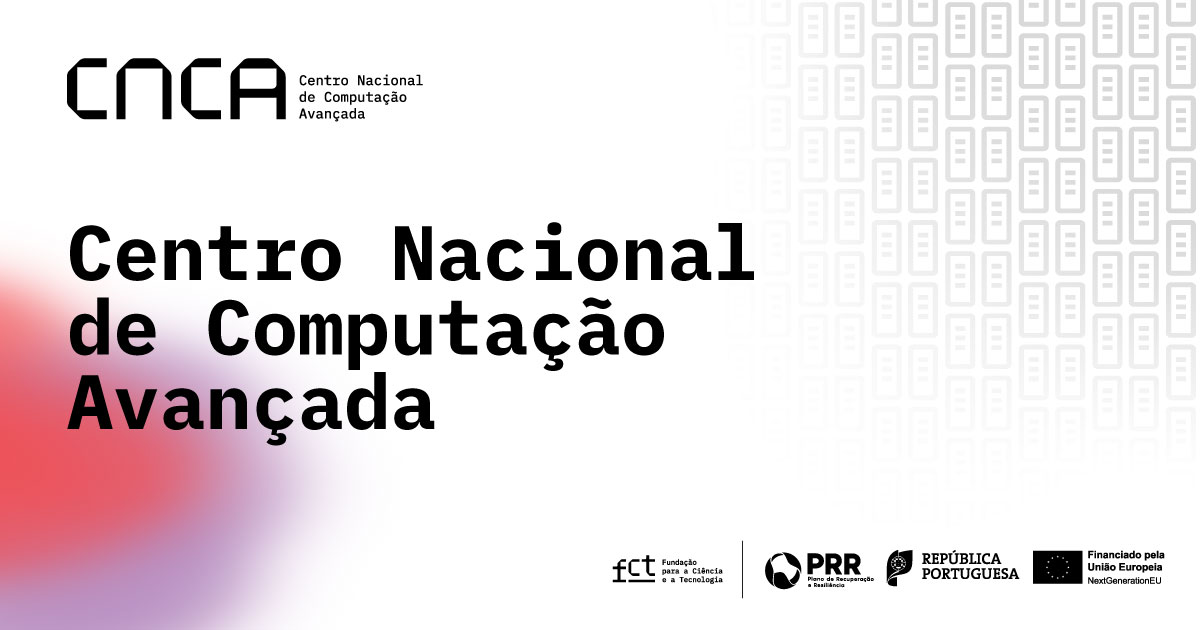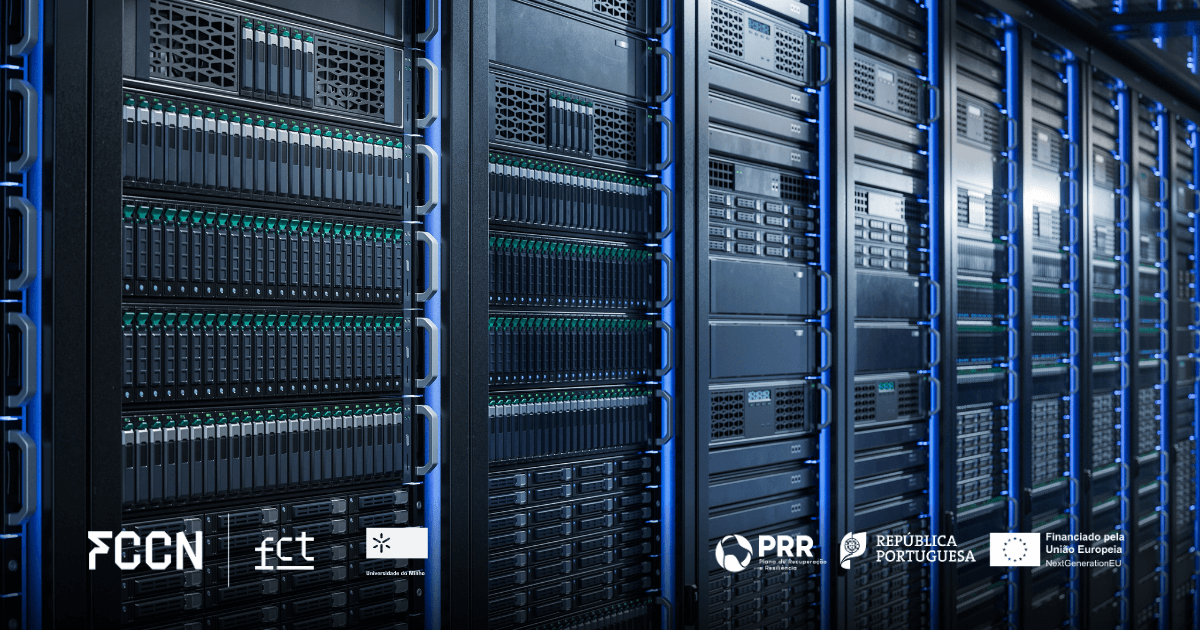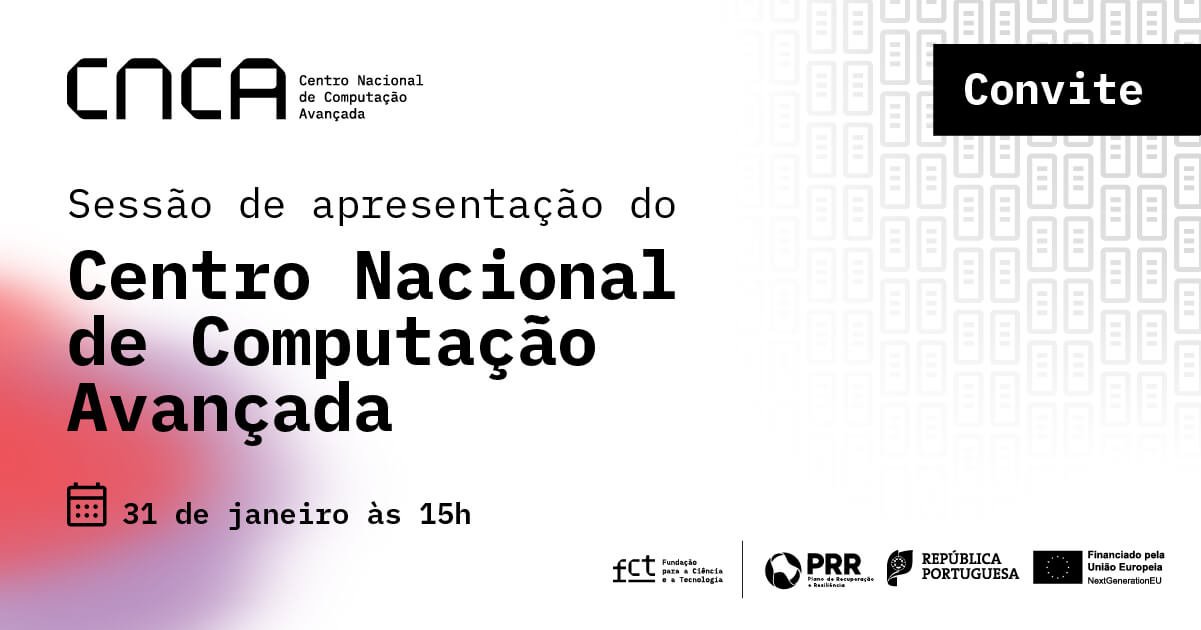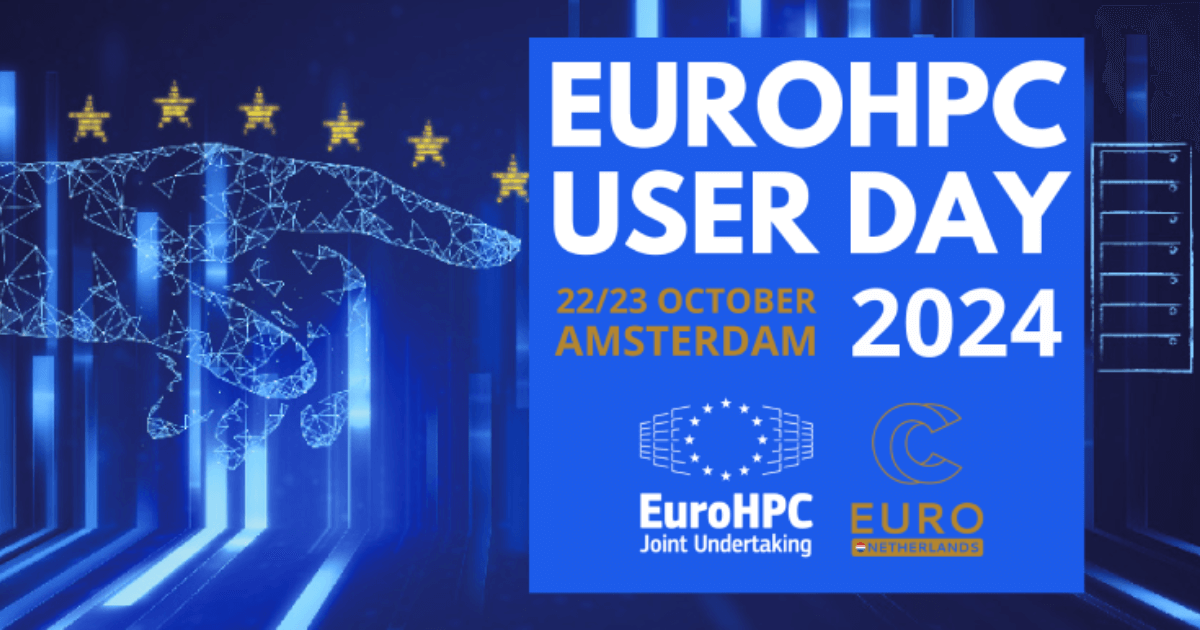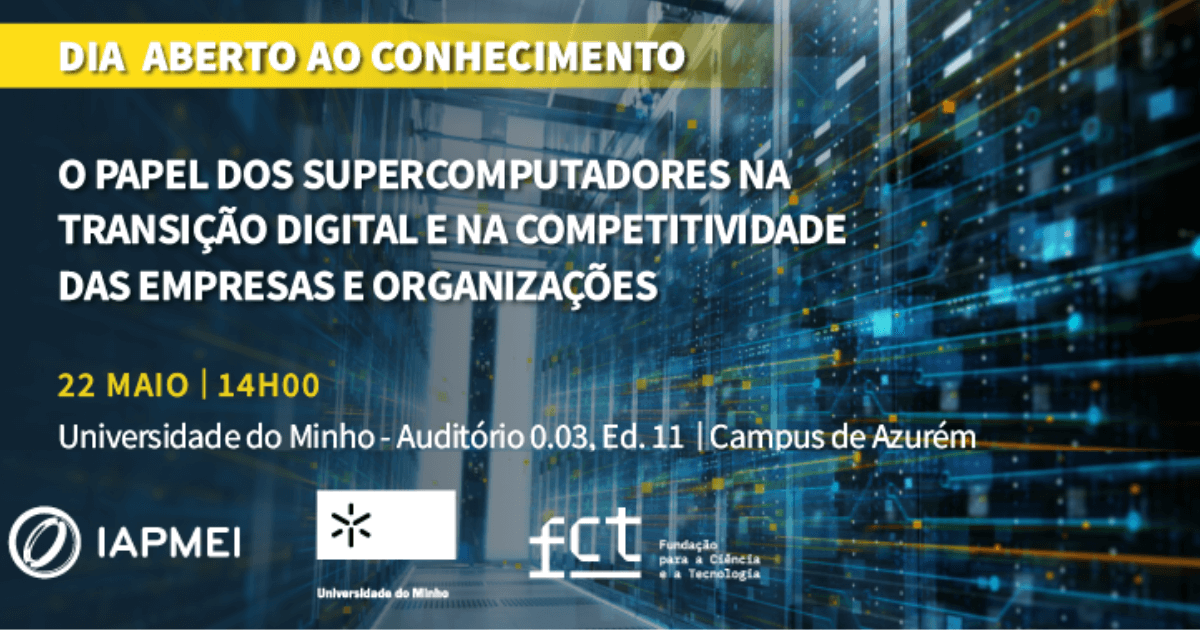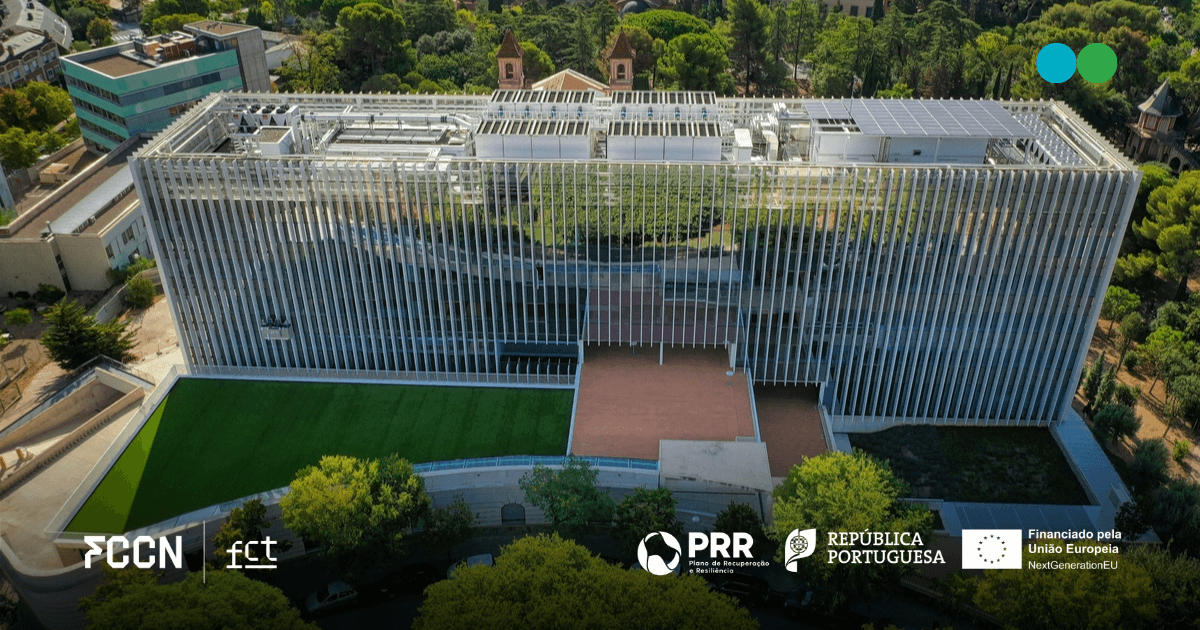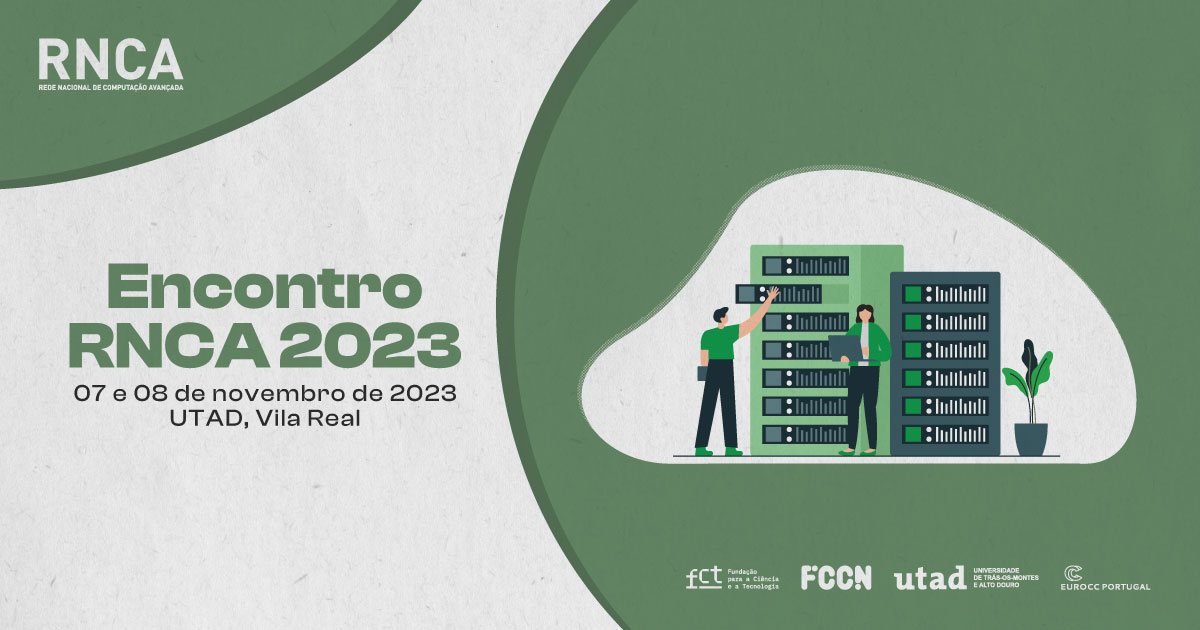The interest in and use of advanced computing has grown across the board in all areas of national scientific and technological knowledge with the creation of the editions of Computing Projects Calls Avançada, organized by FCT, through its unit FCCN.
The 3rd edition received applications from October 25, 2022 to May 31, 2023. Of the 163 applications received, 140 were approved, with an overall approval rate of 86%. The number of approved projects represents a record compared to the previous editions, which approved 129 and 99 projects respectively.
Technological advances in several scientific areas in Portugal - such as materials engineering, renewable energy, climate, health, automotive industry, aerospace engineering and even psychology and political science - require supercomputing tools. Supercomputers can perform billions of operations per second, which offers a huge advantage, enabling simulations that would otherwise not be possible or would take years to complete. The National Network for Advanced Computing (RNCA) aggregates and makes available several supercomputing resources to the national Research and Innovation communities since 2019.
The 140 projects approved in the 3rd edition represent access to 50 national institutions, 40 million CPU core.hours and 46 thousand GPU.hours allocated, with project valuation estimated at more than 500 thousand euros. The approved projects are starting on RNCA platforms offering High Performance Computing (HPC), Scientific Cloud Computing (SCC) or Virtual Research Environments (VRE) resources:
- Navigator of LCA-UC(Laboratory of Advanced Computing of the Univ. Coimbra)
- Oblivion and Vision of HPC-UÉ(HPC Center of Univ. Évora)
- Cirrus and Stratus from INCD(National Infrastructure for Distributed Computing)

Beneficiaries have 6 or 12 months to implement HPC and SCC projects or 24 months for VRE projects. The projects are divided into 3 access typologies:
- A0 - Experimental Access with 62 projects (100% approval)
- A1 - Preparatory Access/Development with 47 projects (96% approval)
- A2 - Project/Regular Access with 31 projects (60% approval)
A0 access mostly benefits new users with no previous experience of the RNCA. The five information sessions open to all stakeholders proved to be effective in attracting new users. More than 200 participants were able to get support and clarify their doubts with the technical experts who manage the RNCA platforms.
The impact of these Advanced Computing calls grows day by day and translates into more competitive projects with: 1) higher process productivity, 2) more innovative scientific results and 3) better funding opportunities for end users and institutions involved. Since the 1st edition, there have been more than half a hundred scientific publications and theses, numbers that continue to increase. The top 3 scientific areas accessing these resources are Engineering, Physics and Chemistry, but a growing demand is identified in other areas such as Environment, Bioinformatics and Sociology.
For research or innovation teams that need more Advanced Computing resources, the role of RNCA does not end here. The European partnership EuroHPC has open calls for access to European supercomputers, such as LUMI, Vega or Meluxina. RNCA provides support, training and consultancy, among others, to the whole community through the National Competence Center partners, including industry and SMEs.
To find out more about Advanced Computing, check out the RNCA website or contact rnca@fccn.pt. And while you're at it, mark your calendar for the annual event - RNCA Meeting 2023 - which this year will take place in Vila Real on November 7 and 8.
Best wishes for good computing to the approved projects!

